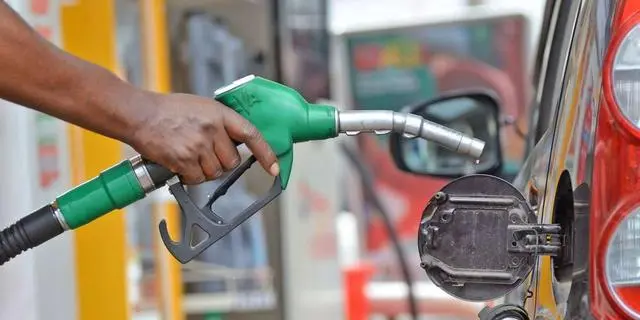Fuel pump prices recorded a 226% increase between September 2022 (N191.65) and September 2023 as Nigerians paid an average of N626 per litre for fuel in September 2023.
This is according to the September 2023 PMS Price Watch Report from the National Bureau of Statistics (NBS).
The astronomical increase is due to the official removal of fuel subsidies in the country in May 2023 at the start of the Bola Ahmed Tinubu administration.
This has led to further increases as factors like the rise in global crude oil and shipping costs are impacted by geopolitical tensions resulting from the Russia-Ukraine war and the budding Israel-Hamas war.
More insights on the NBS report
In the analysis of state profiles, Taraba had the highest average retail price for petrol in September 2023, with consumers paying N665.56 per litre. Borno and Benue followed closely at N657.37 and N641.29, respectively.
On the other hand, Rivers, Delta, and Jigawa had the lowest average retail prices, with consumers paying N602.55, N605.88, and N617.42, respectively.
In terms of regional differences, the North-East region had the highest average retail price in September 2023, standing at N638.33 per litre. In contrast, the South-South region had the lowest average retail price, which was N618.47 per litre.
Status quo
Earlier this month, Mele Kyari, the Group Chief Executive Officer of the Nigerian National Petroleum Company Limited (NNPCL), acknowledged that the NNPCL has once again become the exclusive importer of fuel into the country. This is due to a lack of available foreign exchange (forex).
Marketers with import licenses are unable to bring in fuel supplies at the moment. As a result, fuel supplies in the country have dwindled, leading to the emergence of fuel queues in certain areas.
It is anticipated that fuel scarcity will become more widespread in the coming weeks, as many retail stations have closed their doors due to a lack of available products.
Notably, in the federal capital of Abuja, fuel is currently being sold at an average price of N625 to N630 per litre, as reported by Nairametrics.
This situation has raised concerns about the affordability and availability of fuel for consumers in Nigeria.
According to Chief Chinedu Ukadike, the Public Relations Officer of the Independent Petroleum Marketers Association of Nigeria (IPMAN), the core problem stems from the fact that many private fuel depots have depleted their stockpiles because they rely on NNPC Limited for their supply.
Since NNPC has become the sole importer of fuel, even these private depots that independent marketers rely on are heavily dependent on NNPCL for their fuel stock.
This situation not only strains the supply chain but also creates an environment conducive to profiteering, which negatively affects the fuel distribution system.
